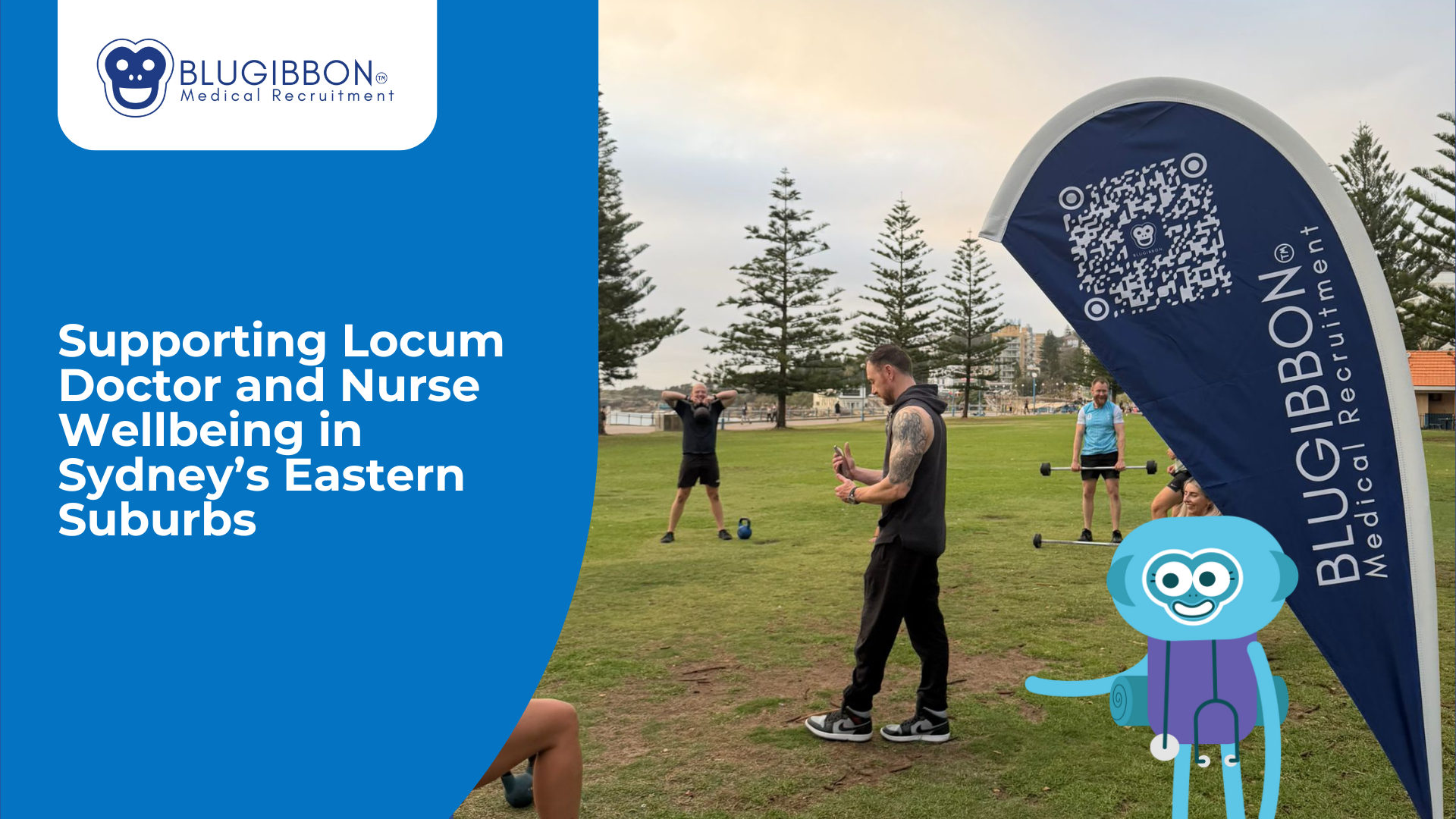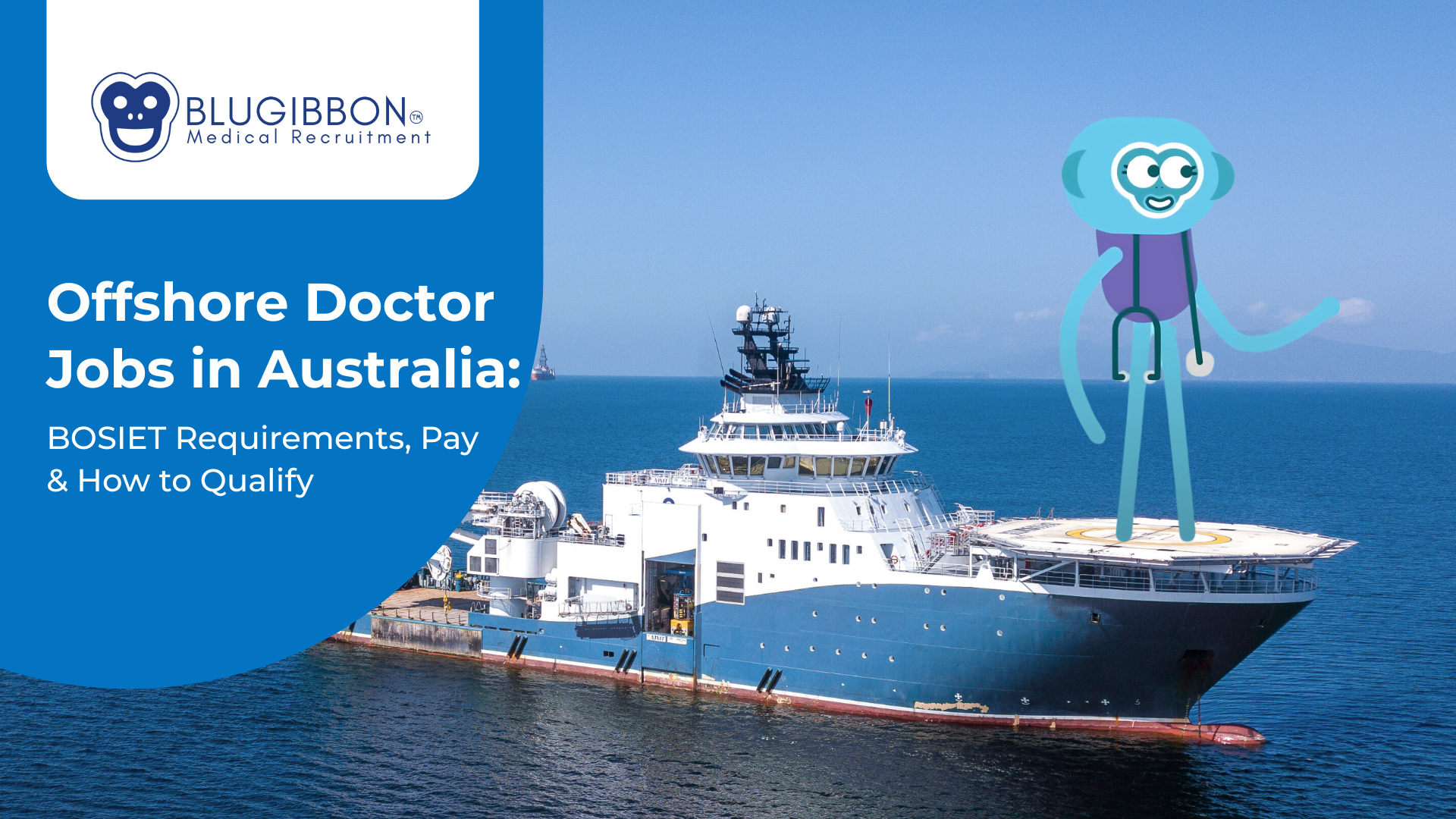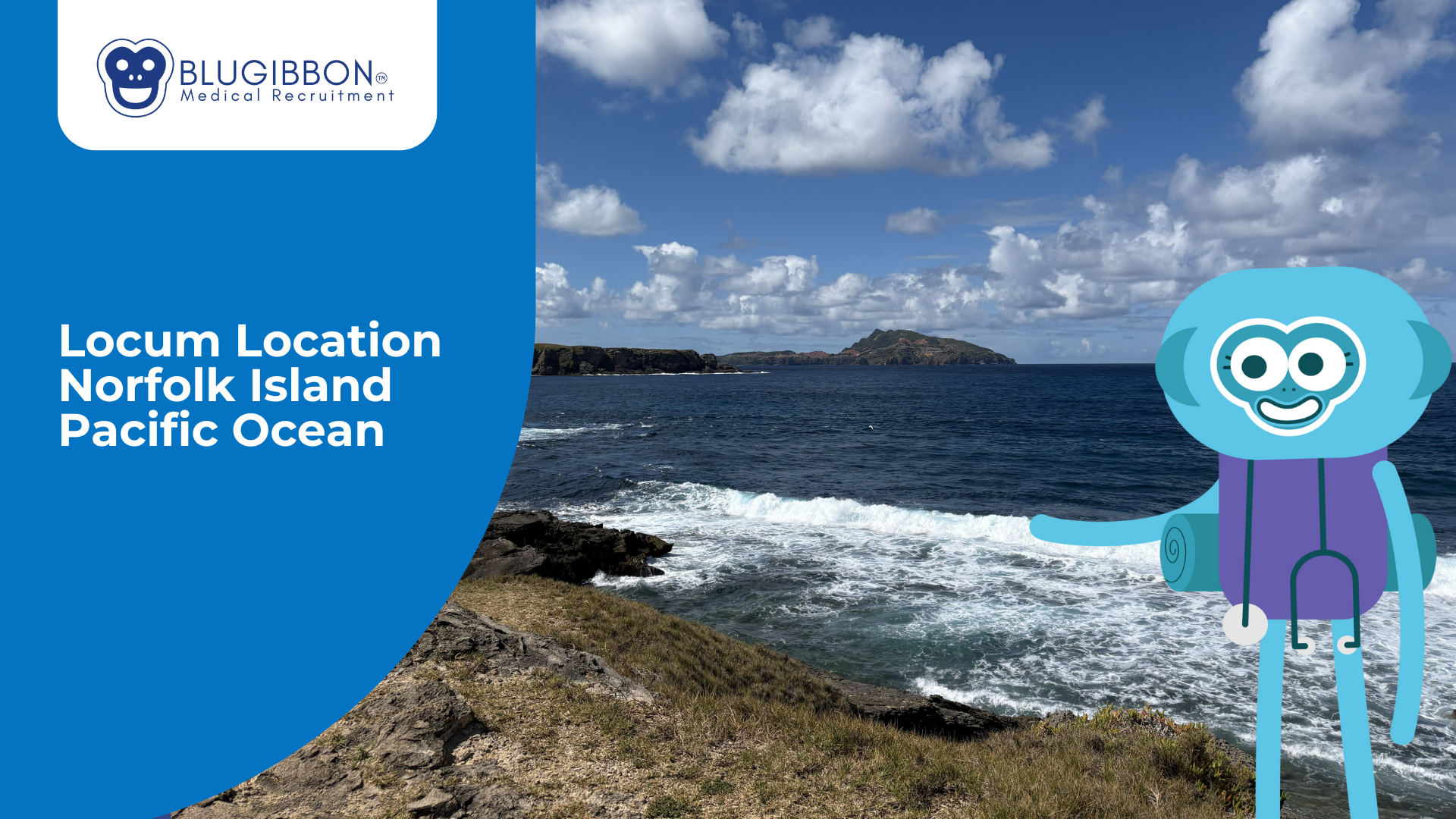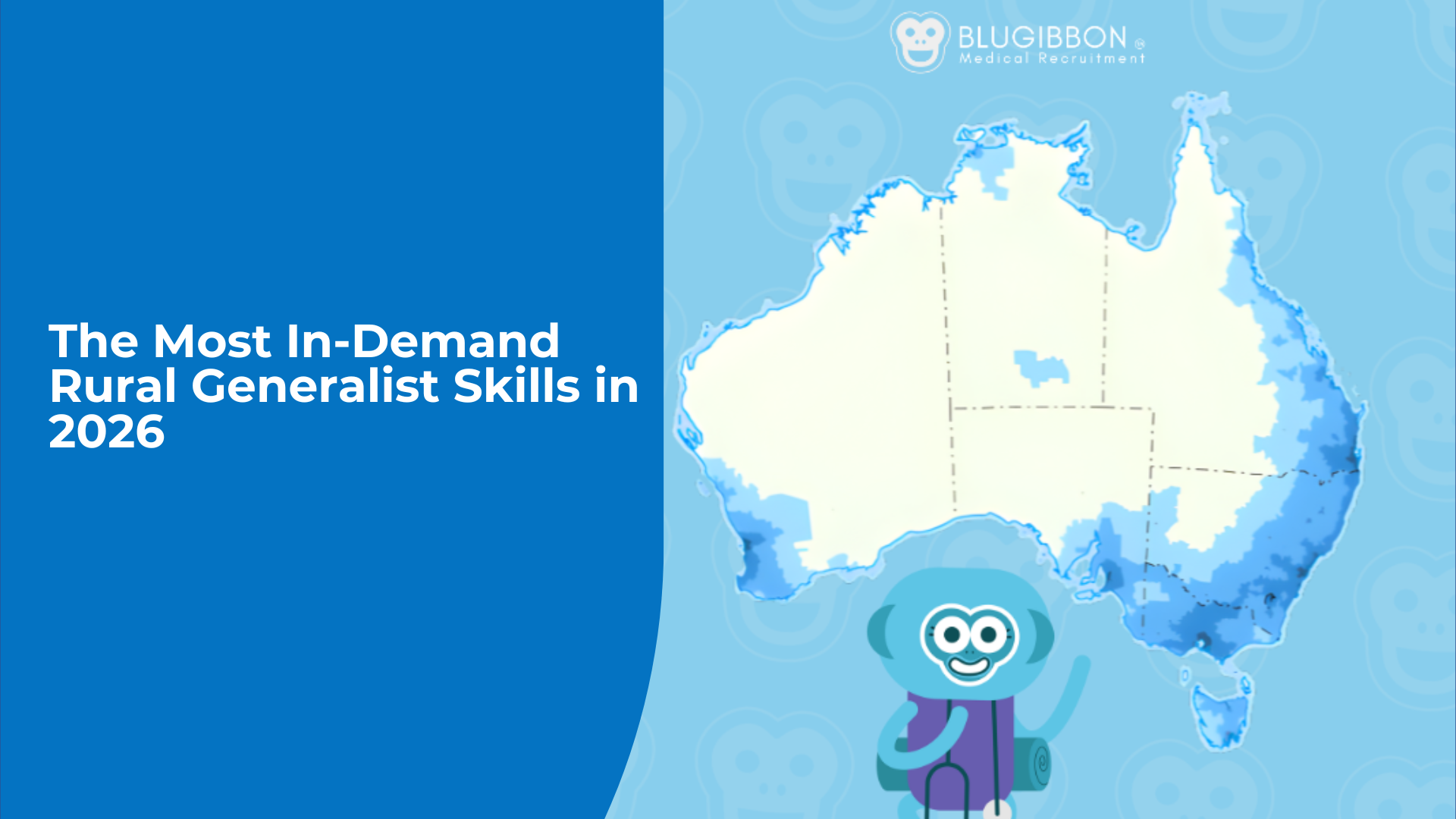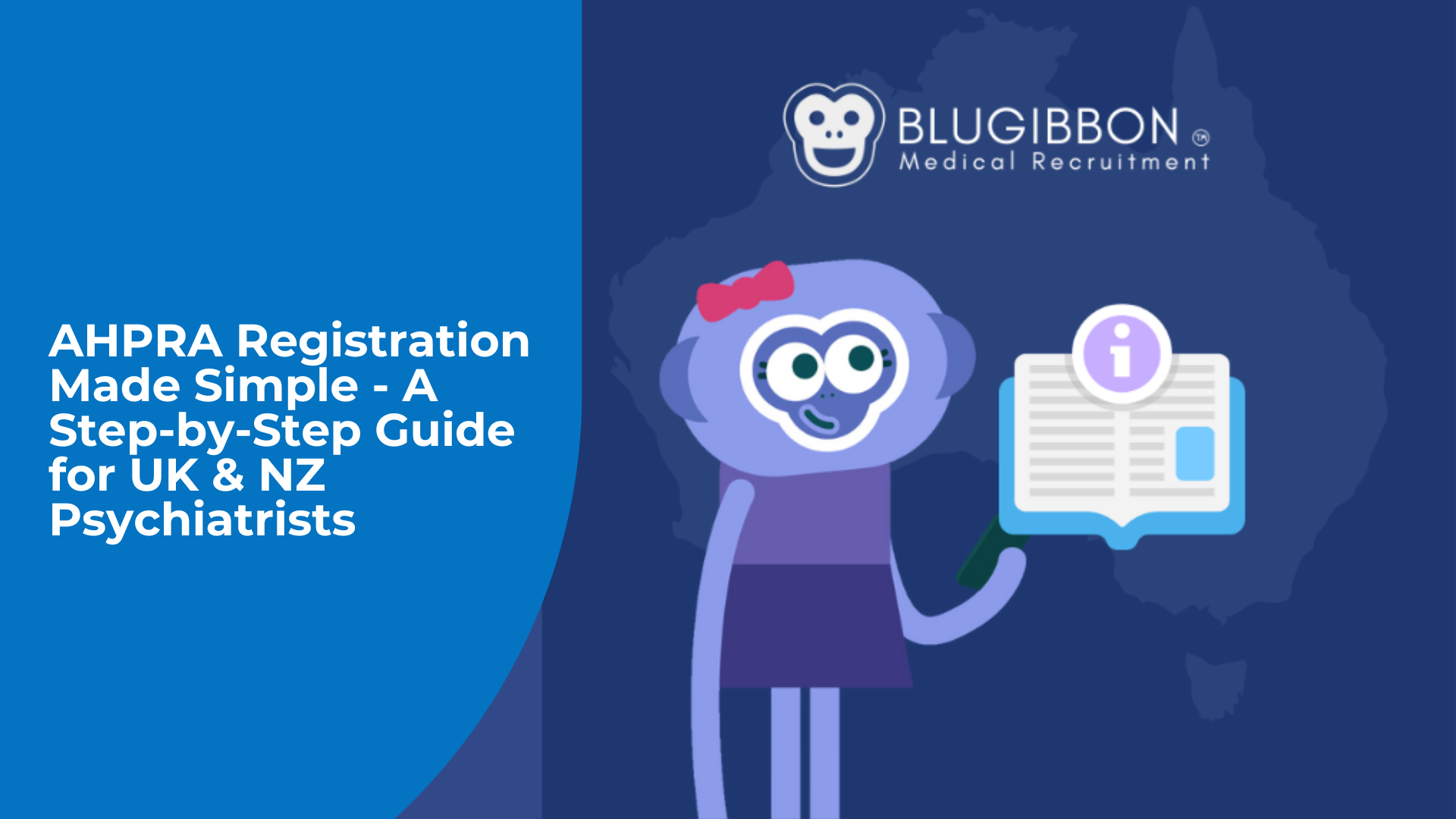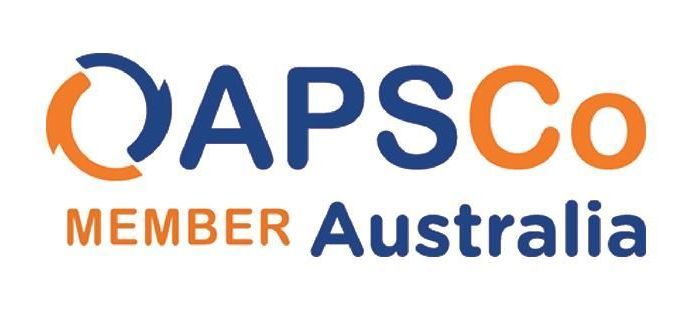LOCUM DOCTOR BISHAN RAJAPAKSE INTERVIEW
Blugibbon meets Locum Doctor Bishan Rajapakse
Bish is currently an Emergency Medicine Physician (FACEM) in the Illawarra region of New South Wales, at Shellharbour Hospital.
WHAT IS GOING ON RIGHT NOW FOR YOU BISH?
WHERE DID IT ALL START FOR YOU IN AUSTRALIA?
I took about six months off, which turned into two years and then four years as I did research in that time during some timeout. Specifically, I found out about research in rural Sri Lanka and ended up with a PhD in knowledge translation.
My passion is medical education, as well as making a difference at ground level. I came back to my emergency training and I moved to Sydney in 2011 because that’s where my supervisors were.
HOW DID YOU BECOME A LOCUM DOCTOR BISHAN RAJAPAKSE? WHAT IS YOUR STORY WITH BLUGIBBON?
There have been some amazing experiences and some bad experiences. And I think that is why the job that Blugibbon does, and others like you, do to try and place people in good places and support them in that journey is an important role.
WHAT HAVE BEEN SOME OF THOSE CHALLENGING LOCUM EXPERIENCES?
One that stands out was where the staffing was particularly poor. Which sometimes can be why a hospital is using locums.The behaviour by some of the staff was not what I considered right, I am about civility. There are a lot of stresses in emergency medicine. But shouting is something I feel is not needed and something I experienced there.
The CMO in question had been difficult to work with. And was out of line with their behaviour to other staff also. So I went to the Director the next day and made them aware. And then let my locum agency know I did not want to go back there.
Now I am on the other side of the fence, as a Consultant representing others, we want to promote a culture and experience where people come and want to stay or return. Although we do a hard job! We want to provide a setting where we love to work and we love to be part of the community.
WHAT WAS KEY ABOUT THE GOOD LOCUM EXPERIENCES?
WHAT IS IT ABOUT THE ILLAWARRA REGION YOU WANT TO PROMOTE?
There are many leaders in this group that respect that kindness is actually at the core of what we do in healthcare. And even with cross-disciplinary people across hospitals, we will share messages and stories within that WhatsApp group.
That being said, unprofessional behaviour in hospitals can happen, it does happen. But I have always told people there are those that care and that you should get yourself mentors. There are people out there that fully embody this. They are authentic and champion it, even though we work in pressured environments. Then we work as a team as this turns into high performance.
WHAT OTHER REASONS SHOULD A LOCUM DOCTOR COME TO THE ILLAWARRA?
As an emergency physician you have to deal with anything and everything under the sun. Even though we do not have the services of trauma, obstetrics and paediatrics, we still have those patients come through the door and work closely with the retrieval service. Effectively we do not have an intensive care unit. Which means it is a challenging place. Where you have to see that acuity with two resus beds and two paediatric beds and general medicine.
The culture is friendly, it has a country hospital feel to it. You do get a lot of Consultant contact, but in a more informal way. In other “big city” places, the pressure is sometimes so high you only really get to have those human conversations offsite.
WAS THERE ANYTHING THAT SURPRISED YOU WHEN YOU FIRST ARRIVED?
18 months later I do not feel that way at all. Everything comes through the door, we get to deal with critically ill people. But we also get to focus on looking after a community. We really feel like we care about our community. And we are constantly advocating for the nearby tertiary hospital too at Wollongong. There is a great camaraderie between the teams and advocacy of patients.
Diversity is an ongoing priority, ethic, gender and we will keep striving for more. This really should be a place that is home, not just a job.
WHAT DO YOU WANT FOR THE STAFFING SITUATION AT SHELLHARBOUR?
We have our recruitment processes and the ideal would be to manage this ourselves but of course there are times where third parties are absolutely the right choice. Any third-party such as Blugibbon that makes an effort to actually get to know where they are sending people and have a feedback mechanism, that’s really powerful.
One thing that can always be improved is the feedback mechanism. One of the things that I like to do is to tell locum agencies such as Blugibbon that we are happy to take any feedback that they have because we are always interested in their impressions and we want to proactively improve our culture for people to come and work with us. We are proactive like that. We are interested in what people find valuable, but also find challenging in a department.
TELL US ABOUT THE WHALE INCIDENT?
I was living in Bondi and I was driving down for shifts in Wollongong at the time, spending most of my time doing my PhD write up and driving across to RPA. One of my friends worked at the research offices across the road from RPA and basically we would go surfing everyday.
It was a Sunday in July, a beautiful winter’s day. And it just so happened that when I was paddling out to the last wave of the day, I saw this big shadow and my mate Chris was there. He signals me to come and I’m paddling out and I thought, “Okay, this must be a good set coming in”.
And there was this shadow. It was too big to be anything that I could conceive. Suddenly, under the water, this massive whale surfaces, gallons of water dripping on its side. It looked like some sort of alien craft with the barnacles and everything.
The whale below out of its blowhole, It was incredible. It was the size of two buses, massive. Everyone was watching from Bondi Icebergs and then the swimmers there jumped off and swam out. A grandfather and daughter started screaming and I think the whale got spooked.
HOW DID THE WHALE REACT?
And that’s the last thing I remember. I was told there was this big wave caused by it slapping down it’s tail and it threw me out of the water and then down, knocking me out. It was a near-death experience for sure, I was underwater and then was pulled up by my friend on the board and taken by the lifesavers. Concussion and a minor injury but by the grace of God, I was okay.
I was incredibly impressed by the staff that looked after me. I had not seen it from that perspective before, so I say this to all my colleagues, that we are doing a great job. And it is important, what we do, it is important to treat your patients with kindness, it is important to be aware.
And you only realise that when you are on the other side. Do you want to join Bish’s team? Get in touch with Joe at Blugibbon today on hello@blugibbon.com or 02 8960 6445. To read our other locum doctor interview, click here.
Read more Locum Interviews today!

Recent Posts
